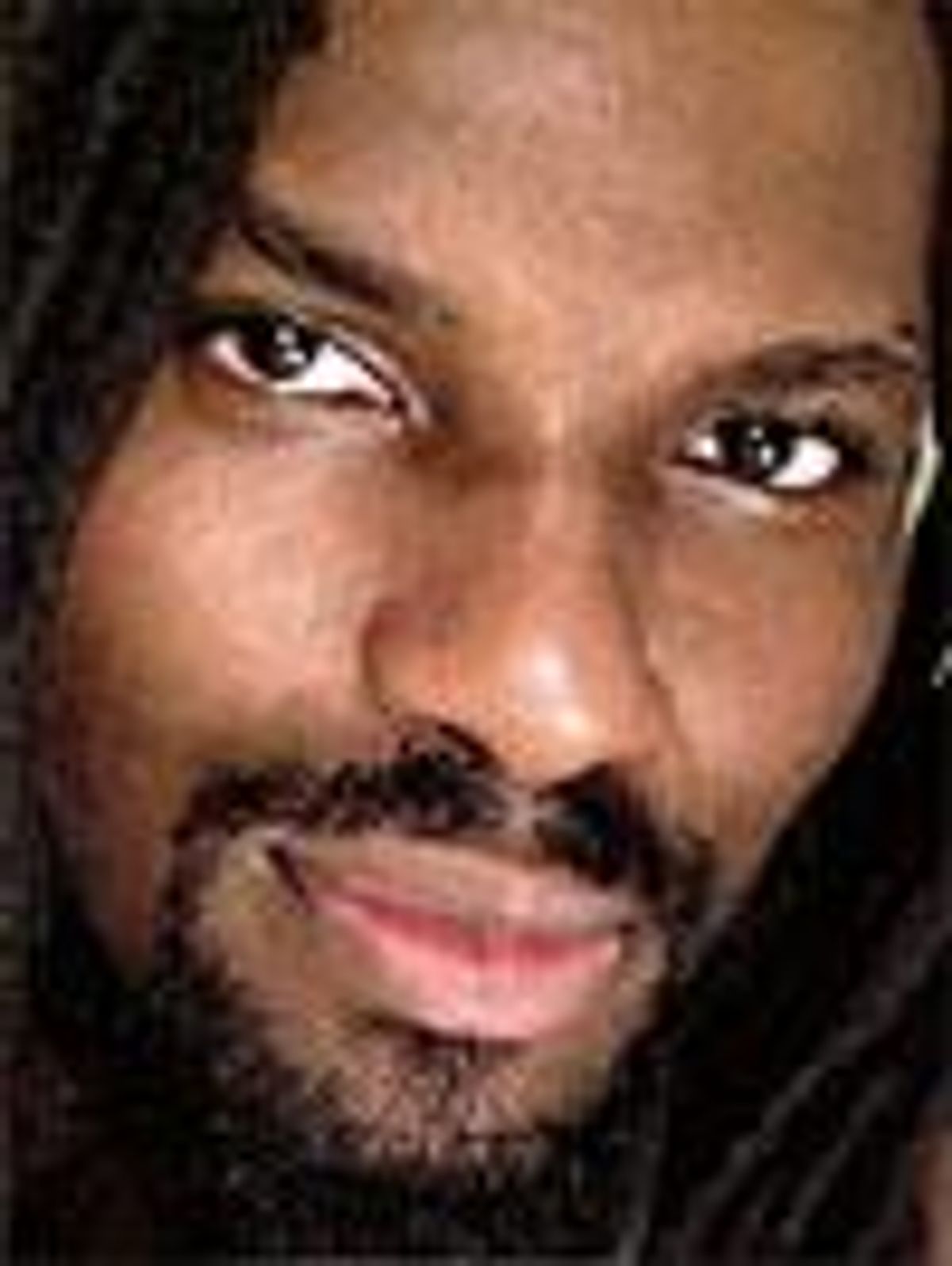LeRoy Whitfield,
a columnist for The Advocate's sister
publication HIV Plus, died Sunday of
AIDS-related complications in New York City.
Whitfield, who
wrote a first-person column titled "Native
Tongue" about his experiences as a bisexual
HIV-positive African-American man, previously worked
as a senior editor at Poz magazine and
associate editor at Positively Aware and was a
frequent contributor to Vibe magazine.
Whitfield, who
was diagnosed with HIV infection in 1990 at age 19, often
wrote about his decision to refuse antiretroviral therapy
and how he continued to struggle both physically and
emotionally with that choice as his CD4-cell count
dropped, his HIV viral load climbed, and his health
deteriorated. He also offered very candid looks into the
most intimate parts of his life, inviting readers to
share in and learn from his personal experiences.
"LeRoy was a
consummate journalist--thorough, detailed, unafraid,
and unapologetic in his approach to the topics he
wrote about--and he gave me inspiration in my
professional life," says Michael W.E. Edwards, editor
in chief of HIV Plus. "I always knew that after
he'd turned in his Native Tongue column to HIV Plus
that I could expect a minimum of three follow-up phone
calls or e-mails about whether I thought a certain word
he'd used should be changed to some other for just the right
effect. I knew if he was taking that much time out of
his hectic life--his long search for an
apartment in Manhattan where he could try to find some
place for peace and thought, his worries about clinic
doctors who just didn't get him, his ongoing battle
with fatigue, and trying to be a productive writer on
top of it all--that I could give every ounce of
myself to my work as well. Those work conversations with him
that carried over into reminiscences of our families
and how we each missed living closer to relatives but
knew that our dedication to our work was too strong
always left me feeling comforted and with a smile. He had
that much ability to understand, for his work and for
his life. That's why I'm glad he got the chance to
tell his personal stories. Because they touched a lot
of people."
In
Whitfield's final column in the November issue of
HIV Plus, ironically titled "A Prayer for
the Dying," he wrote about how his decision to
refuse antiretroviral therapy had angered friends and
other HIV-positive associates over the years. "As
of late, one by one, I've been losing friends in the
AIDS community--but not how you think,"
Whitfield wrote. "They've been claimed not by
the disease but by their disgruntlement--even
disgust--over my current decision not to take
meds." He wrote of friends who sent him text messages
saying, "Ur form of denial is the worst
kind," and of a heated telephone conversation
with a friend who said, "But now that you're
so goddamn stubborn, I hope that something terrible
happens with your health just to teach you a
lesson!"
In response to
the criticism, Whitfield wrote that he had grown
tired of people "telling me--but never
asking--what I need. If they asked,
they'd know that this is the hardest medical decision
I've ever had to make. And I feel very alone
and afraid making it. If they'd ever stop to
ask, they'd know."
Whitfield was
hailed by many as one of the nation's leading
journalists reporting on AIDS in the African-American
community. His writing earned him a spot as a finalist
for a magazine writing award from the National
Association of Black Journalists, the winner of which will
be announced this weekend. He also was active with the
Los Angeles-based Black AIDS Institute and
served as one of the founding members of the
institute's journalism team, according to
institute executive director Phill Wilson.
Wilson, writing
on the Black AIDS Institute's Web site, says that
Whitfield's death "is yet another reminder
that the AIDS epidemic is not over for black folks in
America. LeRoy's life and death with AIDS is a
commentary on how complex HIV/AIDS in 'black
face' really is."
Keith Boykin,
author of the best-selling books Beyond the Down Low: Sex
and Denial and Black America and Respecting the
Soul: Daily Reflections for Black Lesbians and
Gays, writes on his Web site that Whitfield
"was unusually committed to exposing the truth about
AIDS in the black community, and he was unafraid to
challenge conventional wisdom." Boykin writes
that in a February 2001 interview in The New York
Times, Whitfield said, "I don't think the
larger AIDS groups give the voice to the black gay
community. A lot of these men don't have a grip on
what they are feeling sexually, and I don't think many
of the organizations have a grasp on how to
communicate with them."
Whitfield's "Native Tongue" columns can
be seen on the HIV Plus Web site at www.hivplusmag.com.



















































































